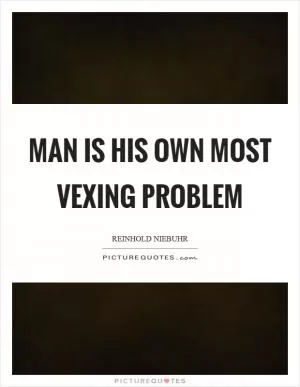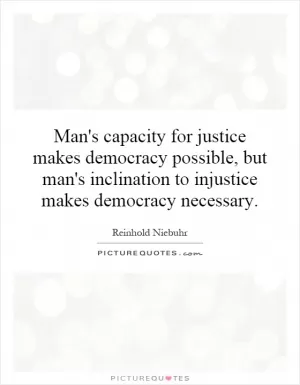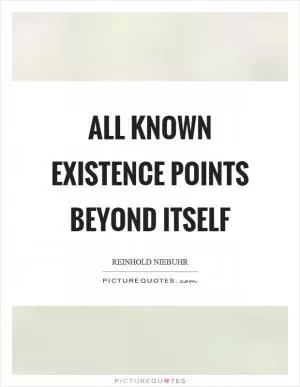To the end of history, social orders will probably destroy themselves in an effort to prove they are indestructible

To the end of history, social orders will probably destroy themselves in an effort to prove they are indestructible
Reinhold Niebuhr, a prominent theologian and political thinker, was known for his deep understanding of human nature and the complexities of social orders. His belief in the inherent fallibility of human beings and the tendency of societies to self-destruct in their pursuit of power and dominance is reflected in the statement, “To the end of history, social orders will probably destroy themselves in an effort to prove they are indestructible.”Niebuhr’s philosophy was deeply rooted in the concept of original sin and the idea that human beings are inherently flawed and prone to selfishness and greed. He believed that this inherent sinfulness would inevitably lead to the downfall of social orders, as individuals and groups sought to assert their dominance and control over others. This drive for power and control, Niebuhr argued, would ultimately lead to conflict, violence, and destruction.
In Niebuhr’s view, social orders often become so consumed with their own sense of invincibility and superiority that they lose sight of their own vulnerabilities and weaknesses. This hubris and arrogance, he believed, would ultimately be their undoing, as they would overreach and overextend themselves in their quest for power and control. In their efforts to prove their indestructibility, social orders would become increasingly oppressive, corrupt, and unjust, leading to their eventual collapse.
Niebuhr’s analysis of the self-destructive tendencies of social orders is particularly relevant in today’s world, where we see numerous examples of societies and governments engaging in destructive behavior in the name of power and dominance. From authoritarian regimes that suppress dissent and violate human rights to capitalist systems that prioritize profit over people, the drive for power and control continues to drive societies towards their own destruction.












 Friendship Quotes
Friendship Quotes Love Quotes
Love Quotes Life Quotes
Life Quotes Funny Quotes
Funny Quotes Motivational Quotes
Motivational Quotes Inspirational Quotes
Inspirational Quotes